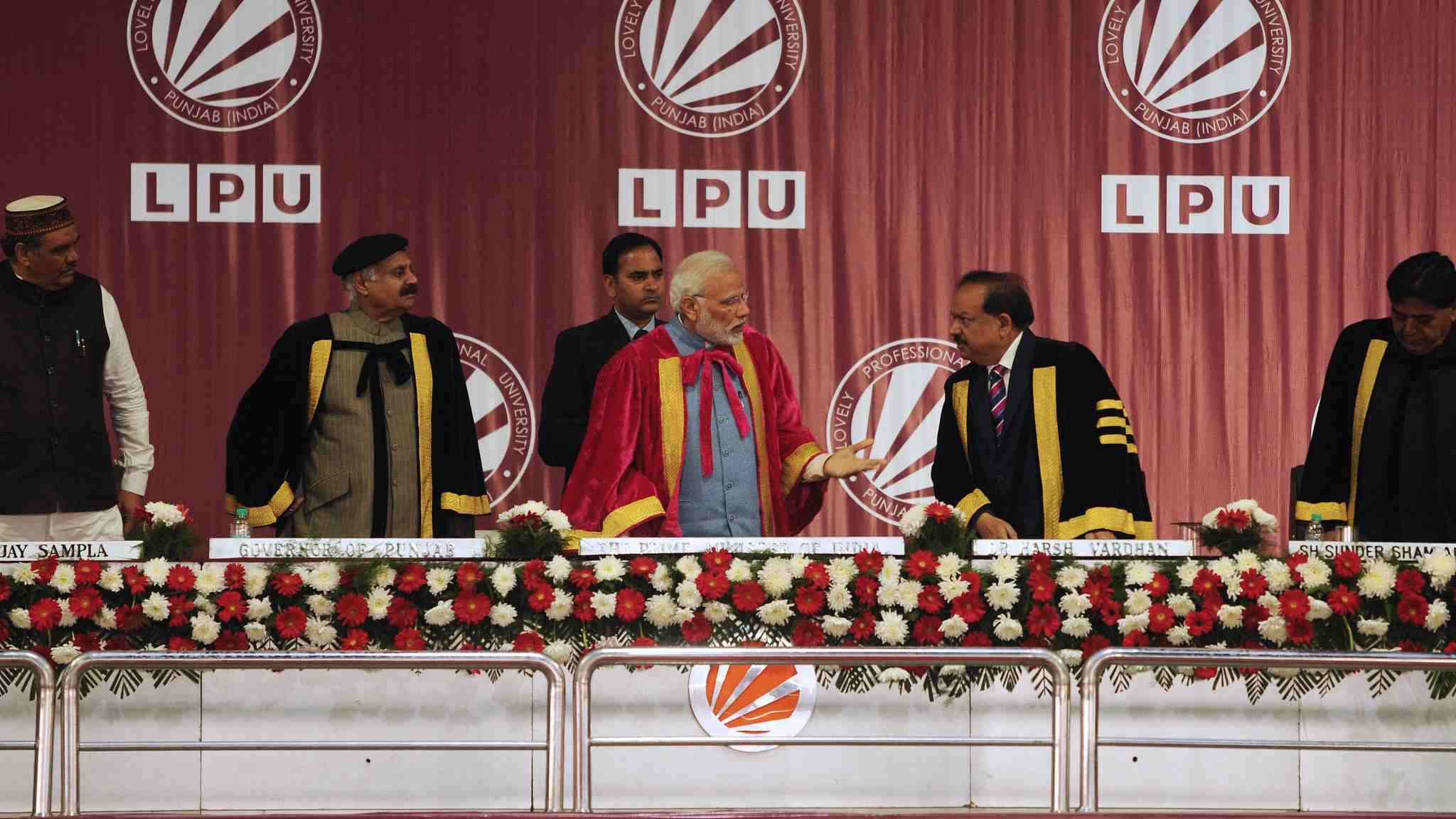
Tech & Sci
12:42, 07-Jan-2019
Nobel laureate: China's policy can help India reverse brain drain
Updated
12:09, 10-Jan-2019
CGTN

After winning Nobel Prize in Physics, Duncan Haldane suggested India formulate an investment policy and emulate China's model to reverse brain drain, the government responded that efforts are underway to change the phenomenon with “brain gain.”
In recent years, “the initiatives taken by the government had not only stopped brain drain but replaced it with brain gain,” Prakash Javadekar, Union Minister for Human Resource Development, said on Sunday during a session at the 106th Indian Science Congress in Punjab. He said countries like S. Korea, Singapore, and China had made a phenomenal rise in scientific research in just a few decades.
On Friday, Noble laureate Duncan Haldane said at the Science Congress that China successfully reversed the country's brain drain, particularly in the field of science through substantial investment in experimental research.
“India has focused more on theoretical science rather than experimental science,” he told reporters on the sidelines of the event.
Haldane pointed out that China has invested heavily in experimental research like material science attracting bright minds. "The country has been quite successful in reversing brain drain, getting people to come home, making it attractive for excellent expatriates to come back and get support to build up a laboratory," Haldane told PTI.
He also mentioned that fortunately, a small section of Indians working abroad are also making a return. “For cultural reasons, they come back home, but is not so easy to come back from the U.S. or Europe," he said.
According to the Center for International Relations and Strategic Studies (CIRSS), India is known to have the largest diaspora, with around 30 million citizens scattered outside the country.
“Some of these migrants, especially the highly skilled, pursue higher education or research premier educational institutions and in sophisticated laboratories not available back home,” CIRSS maintained.
With a large number of students studying abroad, the Indian government suffers an annual loss of 17 billion U.S. dollars every year
In his address, Javadekar said the Sustainable Progress through Application of Research and Knowledge (SPARK) scheme has been launched to encourage students to carry on their ambitious research projects within India instead of going abroad.
“In this regard, the ministry has also planned to provide a scholarship of around 1,400 U.S. dollars per student every month for research and innovation work.”
(Top Image: Indian Prime Minister Narendra Modi attended the opening ceremony of 106th Science Congress at Jalandhar in Punjab, India, on January 3, 2019. /VCG Photo)

SITEMAP
Copyright © 2018 CGTN. Beijing ICP prepared NO.16065310-3
Copyright © 2018 CGTN. Beijing ICP prepared NO.16065310-3